By JONATHAN M. KATZ, Associated Press Writer Tue Sep 9, 3:13 AM ET
GONAIVES, Haiti - Nine people died in shelters in this marooned city desperate for relief supplies, even as waters from Hurricane Ike receded and a U.S. Navy ship dispatched amphibious boats to deliver food.
Two children were among the dead at shelters across Gonaives on Monday, said Daniel Dupiton of region's civil protection department. It was not immediately clear what caused those deaths.
Thousands have taken refuge in schools, churches and homes on high ground, many with scant supplies or supervision.
"We cannot confirm that they died because of hunger," said Vicky Delore Ndjeuga, a U.N. spokesman for the mission in Gonaives. "We need to make an examination to make sure it was because of food."
With most roads across the country still impassible, Haiti — and the world — still lacked a complete picture of the destruction, and desperation was setting in among people who have spent days in the floodwaters and mud.
Aid groups are appealing for donations to sustain a lengthy response, warning of a secondary disaster caused by waterborne illnesses and other problems in the weeks ahead.
The death toll — which government officials said stood at 331 people in four tropical storms in less than a month — is sure to rise as more bodies surface in the mud.
Two more bodies were found Monday in coastal Cabaret, where 60 people died as mudslides and floods unleashed by a swollen river crushed homes in the middle of the night. Sixteen others were missing, mostly children.
Late Monday, authorities confirmed 10 more deaths, five attributed to Ike and five to Tropical Storm Hanna.
In Gonaives, Police Commissioner Ernst Dorfeuille said his poorly equipped force — 15 officers for the city of 160,000 — has buried dozens of badly decomposed and unidentifiable corpses in graves outside the city.
"After three days, those bodies could not stay," said Dorfeuille, adding he witnessed the burial of five people.
It wasn't clear how these bodies fit with previous tallies of the dead, but Dorfeuille denied reports citing him as giving a death toll of nearly 500 in Gonaives.
On one city street, a man used a rope to drag a bloated body through the floodwaters.
Hard-hit Gonaives, north of the capital, remained cut off by land. Red Cross trucks trying to reach Gonaives and Les Cayes on Haiti's southern coast had to turn back, one of many international aid efforts still struggling to leave the capital.
Broken pews were scattered across the mud-smeared floor of the Gonaives cathedral, where about 50 people now live in the choir balcony. They gathered around a small cooking pot, stirring some goat meat and cornmeal to share.
Meanwhile, inmates at the city's jail clamored for deliverance from the overpowering stench of filth and sewage, and supplies for jail staff and U.N. peacekeepers as well as the 224 inmates were perilously low, said Dr. Manvoor Ahmad, a Pakistani member of the U.N. mission.
The USS Kearsarge arrived in Port-au-Prince Monday after it was rerouted from a humanitarian mission to Colombia. With eight helicopters and three landing ships, it can deliver cargo and equipment all over Haiti, providing much of the logistical support needed by aid groups that have not been able to get through on land.
But even the Kearsarge was frustrated in its effort to bring prompt relief to Gonaives.
The ship spent most of Monday heading into port, sending helicopters ahead to find places around the city large and secure enough to offload. None were identified.
Two helicopters carrying with rice, beans and cooking oil from the World Food Program headed instead to the town of Jeremie on Haiti's southwest peninsula, also cut off by flooding.
A woman who cares for 110 children at the Haiti Gospel orphanage was among about 50 people asking for a share of the rice, beans and cooking oil from the World Food Program.
"My garden was destroyed," said Yvros Pierre, who had just two bags of spoiled bread mix left. "My food is finished. My boss told me to see if there were any Americans coming and ask them for help."
The Kearsage finally docked in Port-au-Prince in the evening, loading the amphibious ships with food for an overnight trip to Gonaive and hard-hit Saint Marc.
"We can deliver several thousand tons a day. It's not what we can do, it's how it can be done," said the mission's commander, Capt. Fernandez "Frank" Ponds.
___
Associated Press Writer Alexandra Olson, with a helicopter crew from the USS Kearsarge, contributed to this report.
Subscribe to:
Post Comments (Atom)



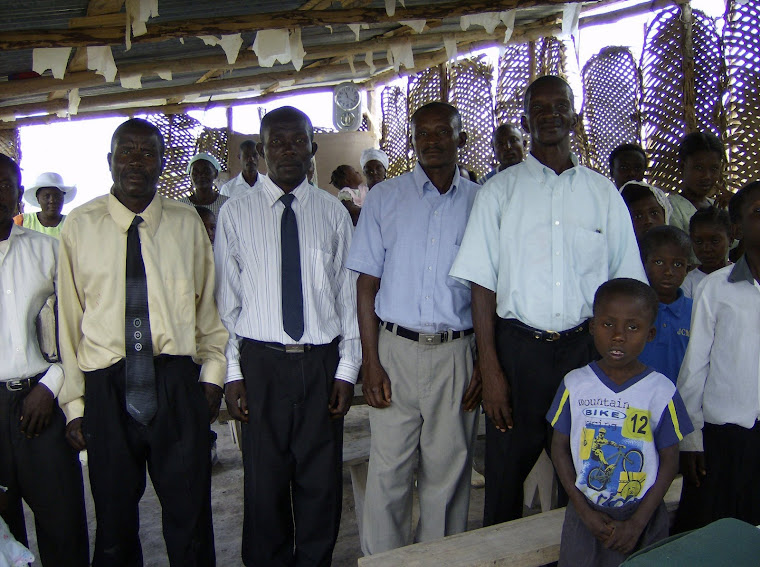
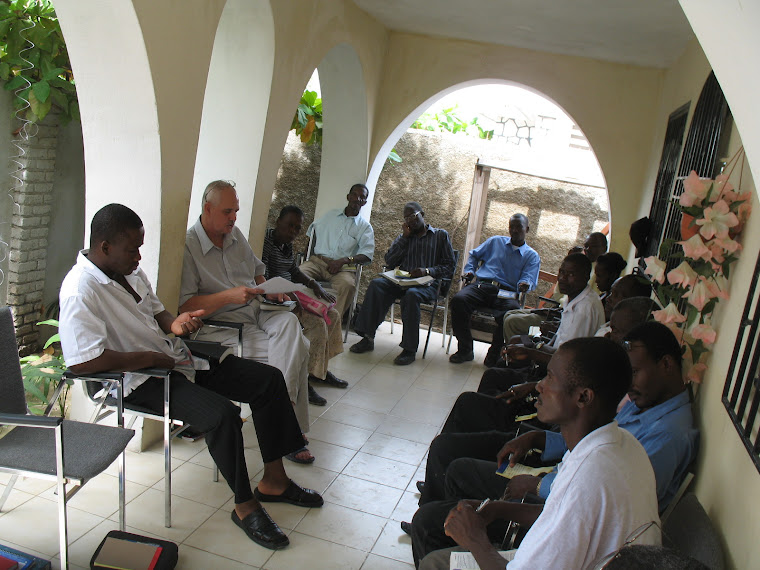
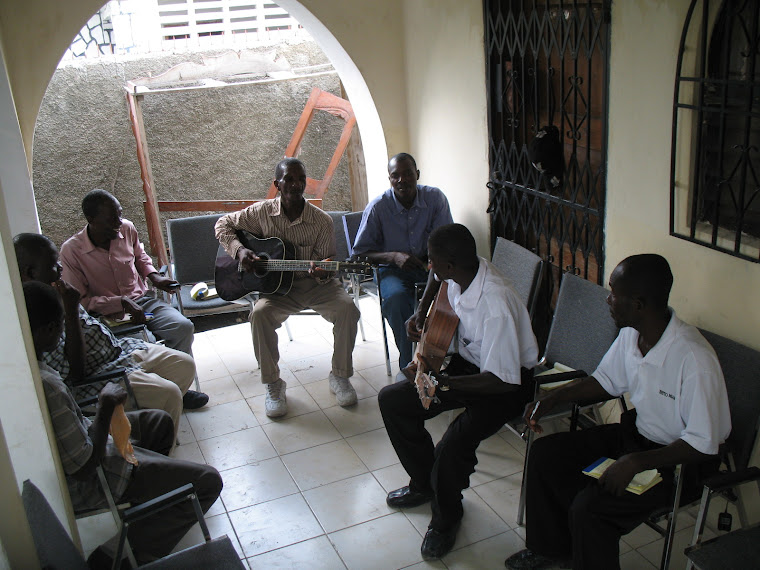
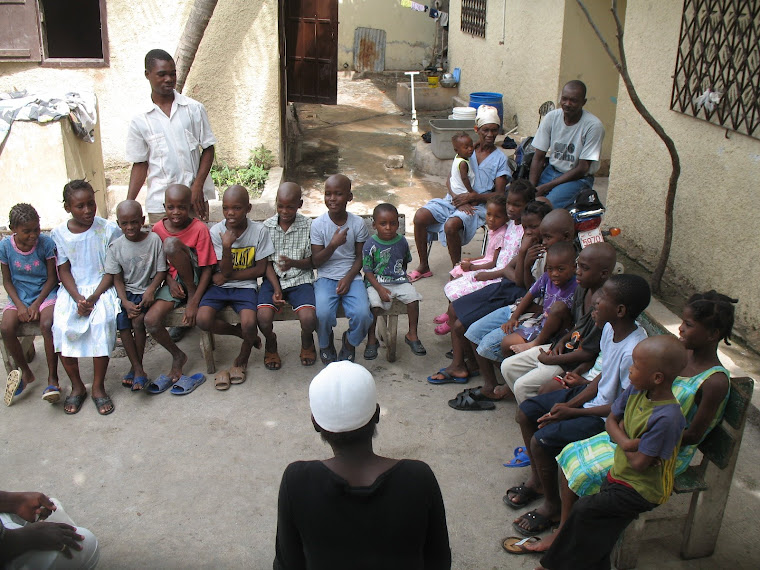
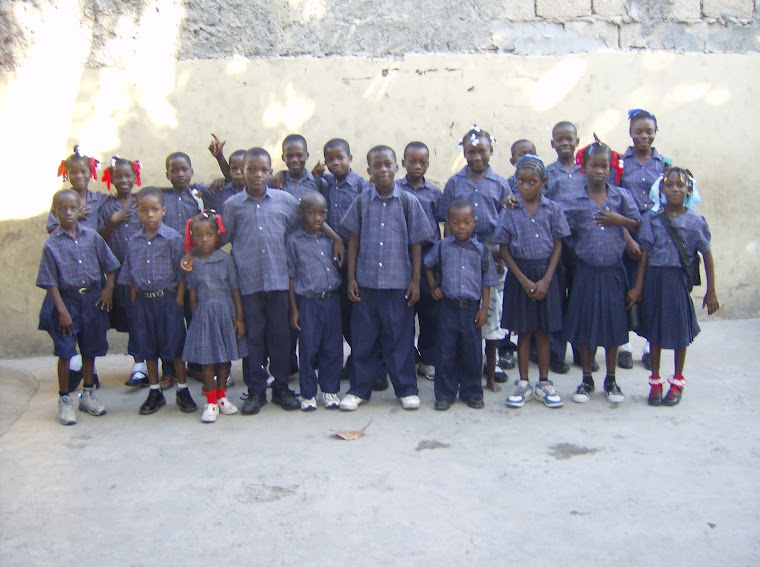
No comments:
Post a Comment